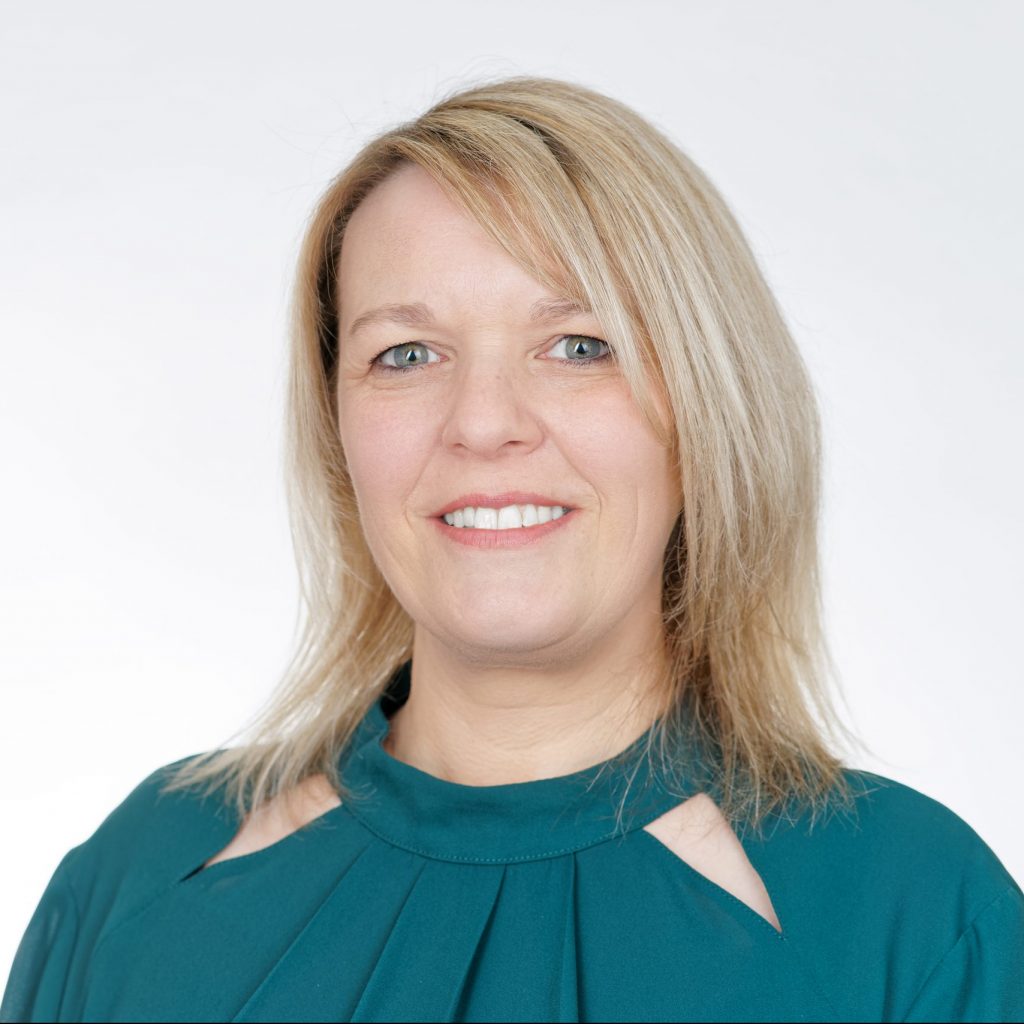Integrative counselling
A form of therapy that offers several modalities to ensure support for each individual in a personal manner. Each session is tailor-made to give you the best, expert, and confidential support, in a non-judgemental and safe environment.

As an integrative counsellor, it is believed that one approach to therapy does not always fit for everyone. Therefore, it is important to combine several modalities and techniques to best suit each individual client. With the knowledge of several modalities, the ability to adapt each session to meet the needs, wants, expectations and personality of each individual client is achievable, offering a tailor-made therapy experience. This ensures each client receives the best possible support.
The therapist is congruent, transparent and honest, whilst offering a safe space for clients to explore their innermost thoughts and emotions in a non-judgemental environment. It is believed that everyone needs to feel safe and secure prior to opening up at a deeper level, trusting the space and the therapist with what they are experiencing. Although several techniques of working are offered, this is all built upon the foundations of the relationship between the client and the therapist. Building a positive, trusting relationship where the client is not judged, enables them to be honest with themselves and the therapist, opening up to growth, awareness and change whilst having a safe space to offload.
It is never taken for granted the courage it takes for a person to explore issues which are difficult to talk about.
Person Centred Therapy
A foundational approach that can be used to create a comfortable and safe space for individuals to explore their innermost thoughts and emotions. It can help to build self-esteem, confidence, and personal beliefs to create a happier and more fulfilled version of oneself. This therapy is also known as talking therapy and originates from the beliefs of Carl Rogers, who suggests that individuals can express themselves on a deeper level when they feel safe, heard and understood in therapy.
Solution Focused Approach
A technique that focuses on achieving a desired outcome. The therapist believes that the individual seeking help knows what they want and how to get there, but just need some support to establish this. By removing hurdles and obstacles and offering a different perspective on a situation, it is believed that any goal can be achieved with self-belief.
Through specific questions and talking techniques, the therapist can guide the individual towards their goal. This therapy is focused, motivating and empowering by setting small achievable goals each session. When goals are achieved, the individual quickly starts to feel in control of their life. Solution Focused therapy is a brief, goal-orientated modality that is directed towards finding solutions to problems. It draws upon the individual’s own expertise, and structured questions can help them explore their strengths and desires to reach their personal goals.
This technique is useful for individuals who want to achieve something but do not know where to begin, those who feel stuck and surrounded by obstacles and challenges, or those who desire change but are unsure of what that looks like. Working together, the therapist and individual can ensure that they feel empowered, motivated and in control.
Motivational Interviewing
Motivational Interviewing is a method that focuses on change by drawing from an individual’s motivation and awareness. Techniques are used to support individuals in establishing their goals and aims in life. The therapist works in a directive manner, using questions to establish the individual’s readiness, ability and willingness to change. Collaboratively, the therapist and individual work together to highlight the desired goal and any hurdles or barriers that may stop the individual from achieving their goal. The therapy has an empowering feel, leaving the individual feeling motivated and ready to achieve their desired outcome.
Sometimes in life, individuals may feel stuck and unable to continue. Motivational Interviewing helps individuals to see things from a different perspective, giving them a different awareness of the situation with support, motivation, and empowerment to continue.
Motivational Interviewing can help in many situations in life where individuals feel stuck and unsure of what to do next. A change in behavior or taking the first step can be scary. This modality works particularly well when wanting to stop an addiction, such as smoking, alcohol, or drugs.
Brief Therapy
Brief therapy focuses on the solution, rather than the problem. This enables the therapy to be quick with a short time frame. By breaking the cycle of negative thinking and focusing on something more positive, individuals can have a tremendous positive impact on themselves and their lives. Once individuals feel more positive, they can see things in a rational way, enabling them to make relevant changes to themselves and their lives.
Holistic Therapy
Holistic therapy explores an individual’s life as a whole, including their body, mind, spirit, and emotions. By exploring an individual’s physical health, emotional health, mental health, environmental health, and spiritual health, areas that they may be struggling with can be highlighted, which impacts them as a whole. This can highlight areas that the individual is not aware of or how it is being impacted by something.
Obsessive Compulsive Disorder – Approach to OCD Recovery
Counselling is a successful way to overcome Obsessive Compulsive Disorder (OCD). Holistically working with individuals, the therapist initially explores all areas of their life to establish the obsessions, compulsions, and thinking which encourages the OCD to continue. The therapist gives individuals a greater understanding of the brain and why they are experiencing OCD. The therapist and individual then start to work on overcoming OCD by following a method and structured plan unique to the individual. OCD can impact individuals in many different ways, some of which they may not be aware of, therefore, it is important to understand how it impacts them and those around them prior to overcoming it.
Many individuals feel shame and anger towards themselves when experiencing OCD. However, it is explained that OCD is brain-driven and not self-driven, where control and survival are the brain’s ultimate aim, reducing shame and allowing individuals to challenge their thoughts and compulsions.
Details

Naomi Dixon
Naomi Dixon Counselling, BA (Hons), DSFH, NCS (Reg), AfSFH, MNCH (Reg), PTTLS.
I am a passionate therapist and I strive to offer the best therapy for each individual to enable them to achieve their desired goals.
I am a qualified Integrative Counsellor and a Clinical, Solution Focused Hypnotherapist. I am registered with the National Counselling Society (NCS) and the National Council for Hypnotherapy (NCH)